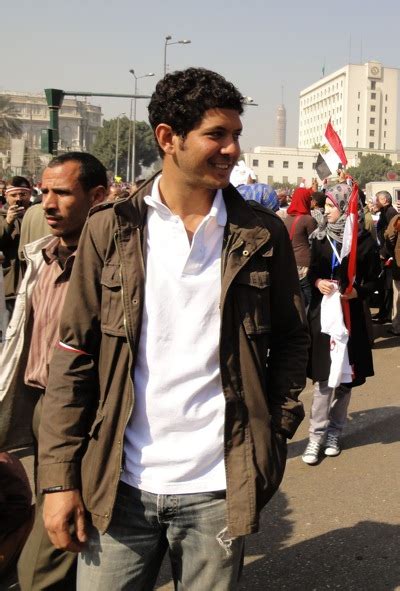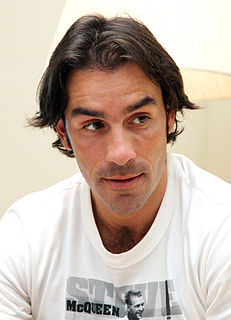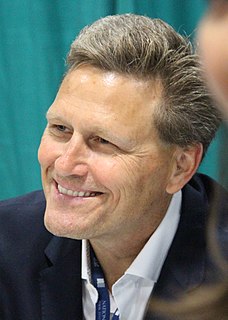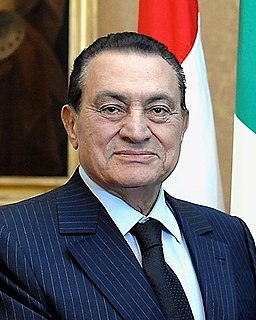A Quote by Sharif Abdel Kouddous
Hosni Mubarak was the glue that held very leaderless and organic and very pluralistic mix of people together. Now that he's gone, there's a lot more debate and division about what happens next, which is healthy. We're essentially still under military dictatorship right now. The military rules the country. It can issue laws by decree.
Related Quotes
Mubarak was the glue that held this very leaderless and organic and very pluralistic mix of people together. Now that he's gone, there's a lot more debate and division about what happens next, which is healthy. We're essentially still under military dictatorship right now. The military rules the country. It can issue laws by decree.
In recent years the military has gradually been eased out of political life in Turkey. The military budget is now subject to much more parliamentary scrutiny than before. The National Security Council, through which the military used to exercise influence over the government is now a purely consultative body. But Turkish society still sees the military as the guarantor of law and order. The army is trusted, held in high regard - though not by dissident liberals. When things go wrong, people expect the military to intervene, as they've intervened over and over again in Turkish history.
Let me be clear: I'm a believer in a robust military, which is essential for backing up diplomacy. But the implication is that we need a balanced tool chest of diplomatic and military tools alike. Instead, we have a billionaire military and a pauper diplomacy. The U.S. military now has more people in its marching bands than the State Department has in its foreign service - and that's preposterous.
Let's say somebody were [in the White House] and they wanted to destroy this nation. I would create division among the people, encourage a culture of ridicule for basic morality and the principles that made and sustained the country, undermine the financial stability of the nation, and weaken and destroy the military. It appears coincidentally that those are the very things that are happening right now.
Senator McGovern is very sincere when he says that he will try to cut the military budget by 30%. And this is to drive a knife in the heart of Israel... Jews don't like big military budgets. But it is now an interest of the Jews to have a large and powerful military establishment in the United States... American Jews who care about the survival of the state of Israel have to say, no, we don't want to cut the military budget, it is important to keep that military budget big, so that we can defend Israel.
I enjoyed India a lot. I learned a lot and came face to face with the poverty there, which is very, very tough. One thing's for sure: I no longer have the right to complain about anything. That's impossible now. But I discovered a beautiful country, fabulous and very welcoming people, and the local cuisine.
We don't have any intention whatsoever to use military force to solve the Palestinian problem. But when it comes to terror - when it comes to terror, I believe that military - the right military steps is a very, very complicated kind of warfare, where I make every effort not to escalate the situation.
I was three years old when Hosni Mubarak came into power. I've lived under Hosni Mubarak nearly all my entire life. Even before he stepped down, I knew this wasn't Hosni Mubarak's Egypt anymore, and regardless of what happened, it never would be again. A fear barrier had been broken. And once that barrier was broken, it would never be built again. People knew that they had this power, that they would not be pushed around again. There was just this fearlessness and determination.
I'm still very interested in the things that happened in the '80s and the '70s because I think that they were very important years for Nigeria. In the '80s, we were under a military dictatorship for quite a while, and I think that the way we engage with our country as citizens was shaped in many ways by the events that took place in that time.


































